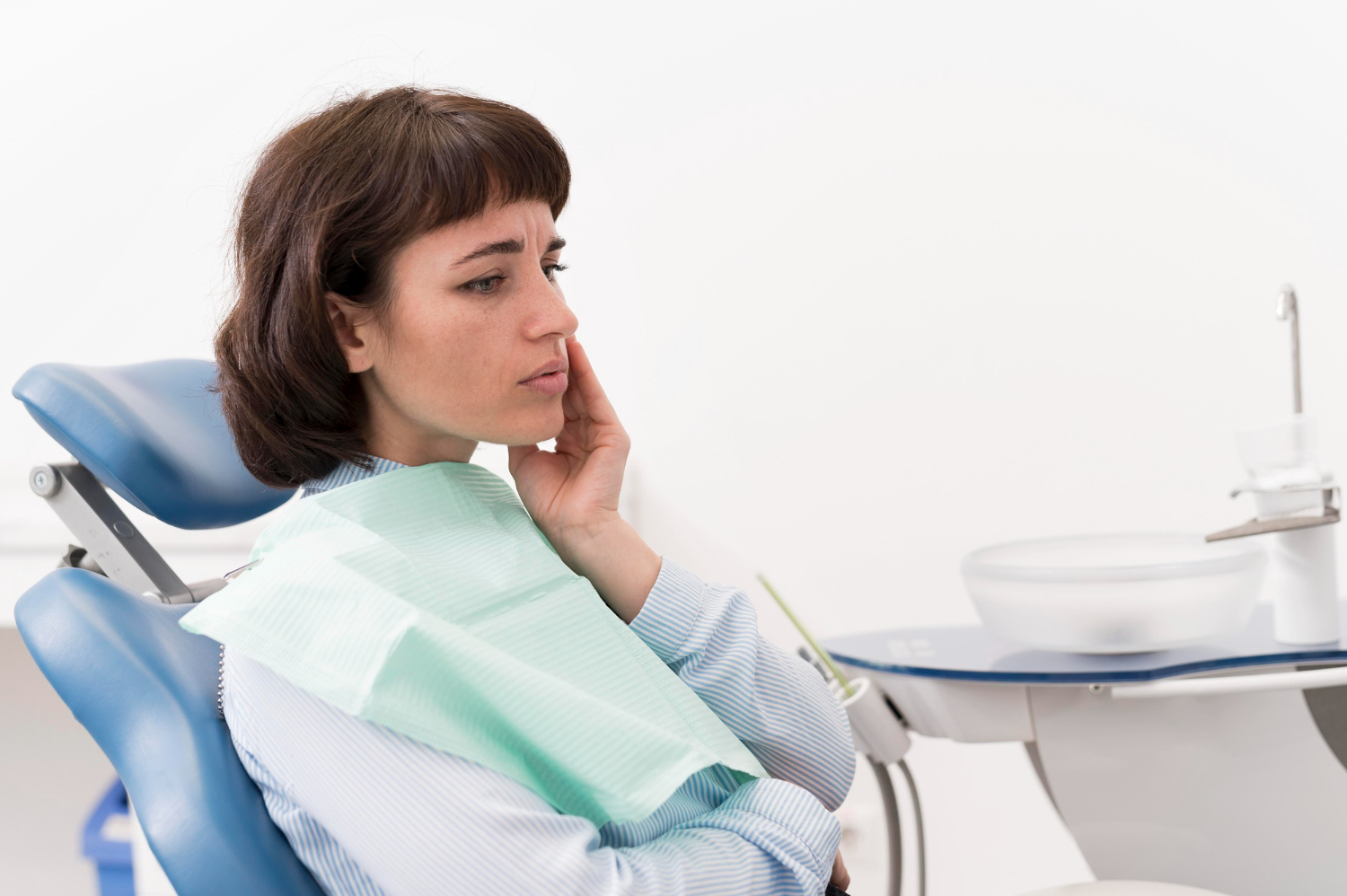Causes, Symptoms, and Effective Treatments
Do you ever wake up with a sore jaw or a headache? Do your teeth feel sensitive or worn down? If so, you might be experiencing bruxisms, a common but often overlooked condition that causes teeth grinding and clenching. At Van Orman Dental, we’re here to help you understand the causes of bruxisms, recognize its symptoms, and explore the best treatment options to protect your smile.
What Is Bruxisms?
Bruxisms is the involuntary grinding or clenching of teeth, often occurring during sleep (sleep bruxisms) or when awake (awake bruxism). While occasional grinding isn’t usually harmful, frequent or severe bruxisms can lead to serious dental problems and discomfort.
Signs and Symptoms of Bruxism
Not sure if you have bruxisms? Here are some common warning signs:
✔ Worn-down or chipped teeth – Constant grinding can erode tooth enamel, leading to sensitivity and damage.
✔ Jaw pain or tightness – Overworked jaw muscles can cause discomfort, making it painful to chew or talk.
✔ Frequent headaches or earaches – The tension from clenching can lead to persistent headaches and ear discomfort.
✔ Tooth sensitivity – Grinding wears down enamel, making teeth more sensitive to hot, cold, or sweet foods.
✔ Disrupted sleep – If you wake up feeling unrested, bruxisms may be affecting your sleep quality.
✔ Clicking or popping jaw sounds – Jaw joint issues (TMJ disorder) often develop alongside bruxisms.

What Causes Bruxism?
Bruxisms doesn’t have a single cause—it’s often a combination of factors, including:
- Stress and Anxiety – Emotional tension can lead to unconscious teeth grinding, especially during sleep.
- Misaligned Bite (Malocclusion) – If your teeth don’t align properly, your jaw may compensate by clenching or grinding.
- Sleep Disorders – Conditions like sleep apnea are often linked to bruxisms.
- Caffeine and Alcohol – Stimulants can increase muscle activity and lead to grinding.
- Certain Medications – Some antidepressants and neurological conditions can contribute to bruxism.
How to Treat and Prevent Bruxisms
If you suspect you have bruxisms, don’t ignore the symptoms! There are several effective treatments to protect your teeth and relieve discomfort:
Custom Night Guards- A custom-made night guards acts as a protective barrier, preventing teeth from grinding against each other while you sleep.
Bite Adjustment Therapy– If your bite is misaligned, small adjustments to your teeth can help distribute pressure evenly and reduce grinding.
Stress Reduction Techniques– Practicing relaxation techniques like yoga, meditation, or deep breathing can lower stress levels and minimize clenching.
Botox for Bruxisms– In severe cases, Botox injections can help relax the jaw muscles and prevent excessive clenching.
Lifestyle Changes– Avoiding caffeine, alcohol, and chewing gum can help reduce excessive jaw movement and grinding.
Get Relief from Bruxism at Van Orman Dental
If you’re experiencing signs of bruxisms, don’t wait until it causes serious damage to your teeth and jaw. At Van Orman Dental, we offer customized solutions to help protect your smile and relieve discomfort.

